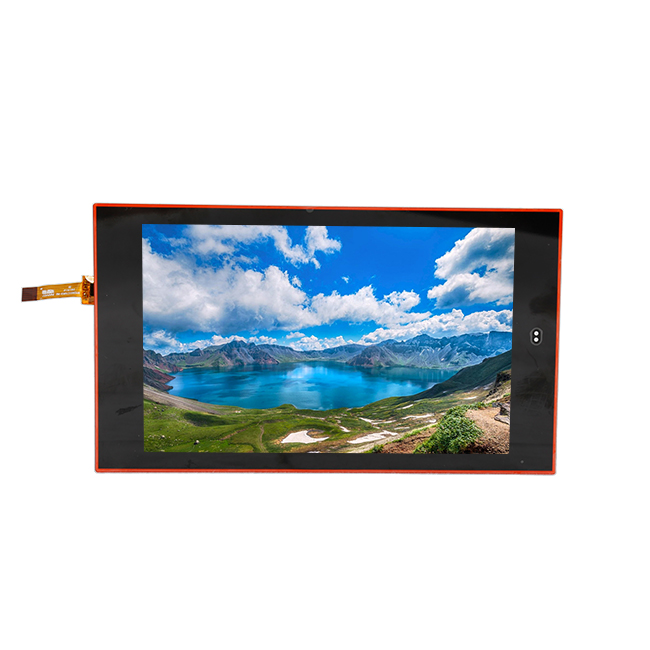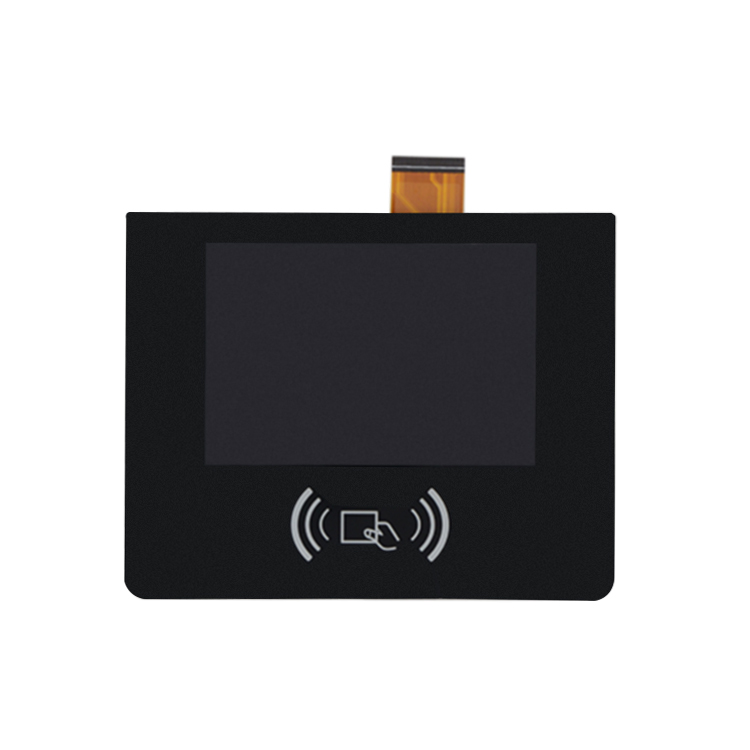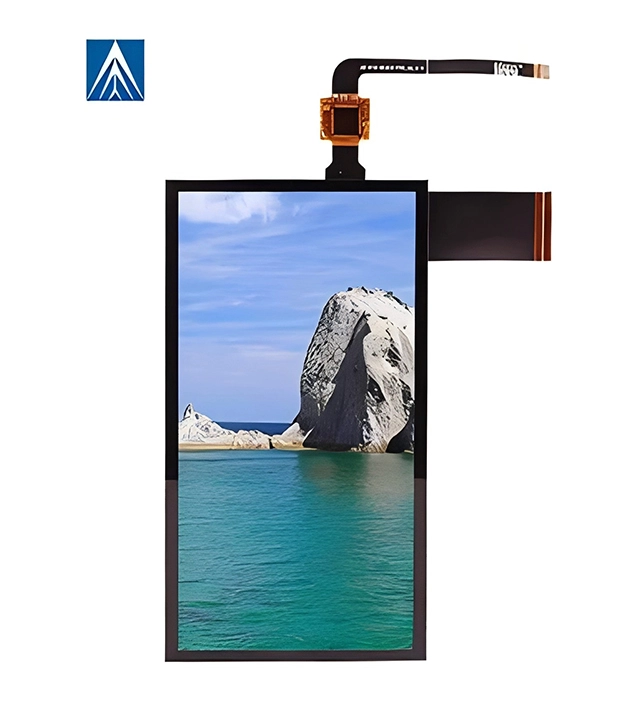IPS (In-Plane Switching) is a refined LCD display technology originally developed by Hitachi in 1996 to address the limitations of TN (Twisted Nematic) panels—particularly in terms of color reproduction and viewing angles. Today, IPS stands as a gold standard in industries demanding color accuracy and visual consistency. At Tianzhengda, we incorporate IPS innovation into our display solutions to serve diverse professional and commercial needs.
Unlike TN panels where liquid crystal molecules tilt perpendicular to the substrate, IPS panels align their molecules parallel to the screen surface. When an electric field is applied, these molecules rotate within the plane, allowing for consistent light modulation across angles. This parallel alignment requires more powerful backlighting and a complex electrode layout on both sides of the panel.

Wide Viewing Angles: Up to 178° both horizontally and vertically, with minimal color distortion—perfect for displays viewed by multiple users simultaneously.
Superior Color Accuracy: Wider color gamut, better consistency, and often 100% sRGB or beyond in high-end models.
Enhanced Image Quality: Sharper contrast and clearer visuals than traditional TN panels, making IPS ideal for lcd application like graphic design, photography, and healthcare imaging.
If you're seeking compact, high-performance display modules, the 5.5 inch ips screen is a popular choice for smartphones, tablets, and industrial monitors.
Over the years, IPS technology has progressed significantly:
S-IPS (Super IPS): Improved color rendering and response time
H-IPS (Horizontal IPS): Enhanced contrast and precision
e-IPS (Enhanced IPS): Cost-efficient, consumer-focused
P-IPS (Professional IPS): Designed for color-critical workflows
AH-IPS (Advanced High-Performance IPS): Higher pixel density and improved energy efficiency
✔ Advantages:
Accurate and vibrant colors
Consistent performance across wide viewing angles
Comfortable for extended viewing—ideal for work and media consumption
Performs well in touchscreen environments (smartphones, tablets)
✖ Limitations:
Slower response time compared to TN (less ideal for competitive gaming)
Contrast typically lower than VA panels
Slightly higher power consumption
May exhibit IPS glow under certain lighting conditions

IPS displays are widely used across a variety of industries, including:
Professional monitors for photography, video editing, and medical imaging
High-end smartphones and tablets
Office displays
LCD televisions
Public screens where wide viewing is essential
At Tianzhengda, we offer a wide range of tft display for sale and IPS panel options tailored for different levels of performance and budget, making them ideal for both consumer electronics and specialized lcd application scenarios.
| Feature | IPS LCD | OLED |
|---|---|---|
| Viewing Angle | Excellent | Excellent+ |
| Color Accuracy | High | Very High |
| Contrast | Good | Infinite (true black) |
| Response Time | Moderate | Extremely fast |
| Power Usage | Higher (with backlight) | Lower (on dark content) |
| Lifespan | Long, no burn-in | Shorter, burn-in risk |

IPS has matured into a high-performance choice within LCD technology, striking a balance between quality and reliability. Whether you're sourcing a 5.5 inch ips screen for a mobile device or integrating advanced tft display for sale options into your product line, Tianzhengda provides tailored solutions to meet your visual and technical demands.
